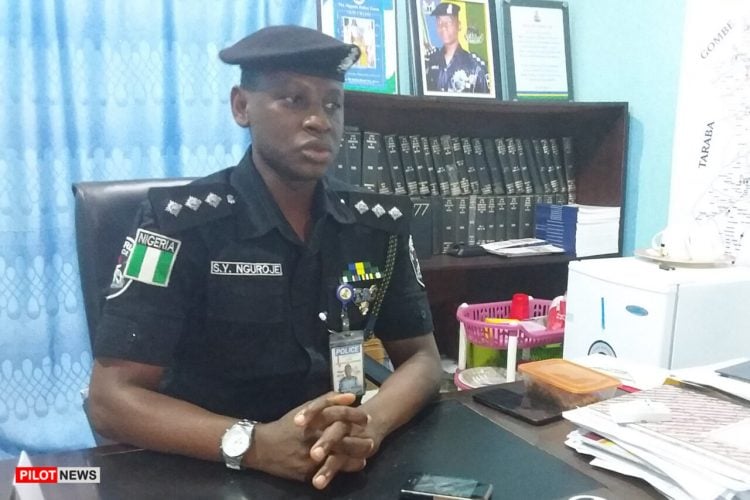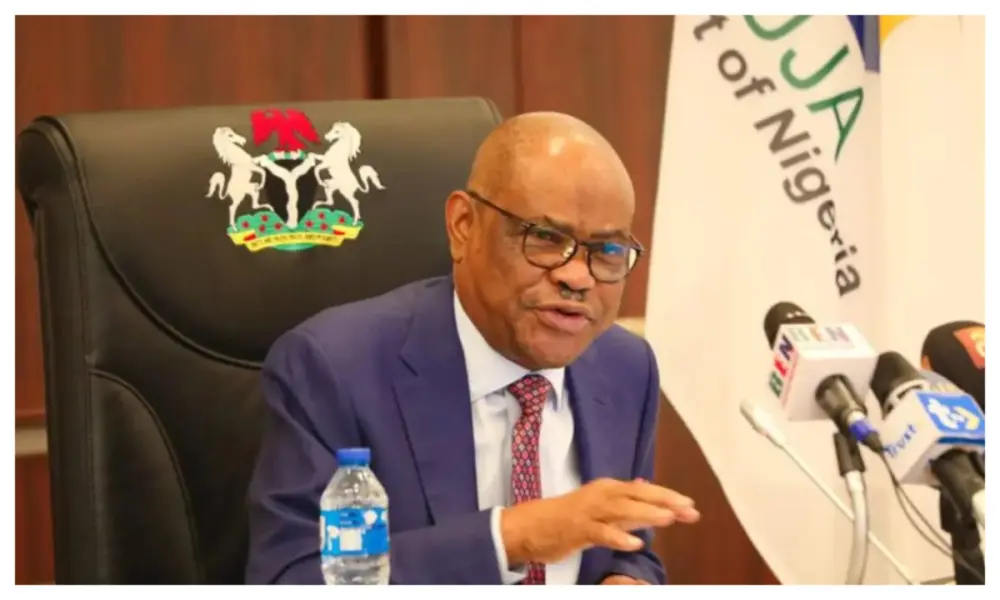The death of Dr. Oluwafemi Rotifa, a Resident Doctor at the Rivers State University Teaching Hospital (RSUTH), has once again thrown Nigeria’s troubled healthcare sector into sharp focus.
Rotifa reportedly died in early September 2025 after collapsing in the call room following a 72-hour continuous shift. Colleagues said he never woke up. His death has become a grim symbol of the crushing workload, poor welfare, and systemic neglect faced by Nigerian doctors.
For many in the profession, the mantra remains: “patients cannot wait”. But the cost is their own lives.
Inside the Ward
Resident doctors form the backbone of Nigeria’s health system, yet they endure punishing schedules. Doctors routinely work 24 to 72 hours non-stop, often sleeping on benches or in crowded call rooms, ready to be summoned at any moment.
“We had three emergencies arrive almost at once a road traffic accident, a child in septic shock, and a pregnant woman with eclampsia,” said one Junior Resident. “We had only one functioning monitor. Choosing who got it broke me.”
Patients suffer too. In a Port Harcourt hospital, an elderly diabetic man waited two nights on a bench during the recent Resident Doctors’ strike. His son whispered: “If we had money, we’d go private. But here is all we have.”
Pay Disparity and ‘Japa’ Syndrome
Despite carrying over 70 per cent of hospital workload, Nigerian doctors earn a fraction of what their colleagues abroad receive.
- A House Officer earns between ₦2m–₦2.6m annually (₦170k–₦220k monthly).
- Junior Residents earn ₦230k–₦300k, while Senior Residents take ₦450k–₦650k.
- Even Consultants rarely cross ₦800k monthly.
By comparison, doctors in training in the UK earn over ₦50m annually; in the US, nearly ₦90m; Canada, about ₦80m; and Australia, up to ₦120m.
“It’s demoralising,” said Dr. Tope Osundara, President of the National Association of Resident Doctors (NARD). “We’re owed arrears, promotions are delayed, and allowances remain unpaid. Meanwhile, our colleagues abroad are thriving.”
Unsurprisingly, brain drain persists. The UK’s General Medical Council licensed over 1,100 Nigerian-trained doctors between May and December 2023 alone. Today, more than 15,000 Nigerian doctors practise abroad.
Health System on the Brink
Nigeria has only 24,000 licensed doctors for its 220 million population — about one doctor for every 9,000 people, far below the World Health Organisation’s standard of 1:600.
“We’re working six to ten times harder than global standards,” said Dr. Benjamin Olowojebutu, Vice-President of the Nigerian Medical Association (NMA). “The system exploits our sense of duty. Some doctors faint on duty, some die. It’s a silent epidemic.”
Already, entire departments in teaching hospitals are shrinking. Some specialties have fewer than five Residents where at least 15 are needed. Maternal and infant mortality rates remain among the worst globally, and experts warn the collapse of medical training pipelines could worsen the crisis.
Strikes, Stalemates, and the Way Forward
Resident doctors have resorted to strikes to demand better pay, hazard allowances, and improved hospital conditions. But these often leave patients stranded, with surgeries postponed and clinics shut.
“Strikes are not our first choice,” said Osundara. “But when doctors are collapsing from exhaustion and salaries remain unpaid, what options do we have?”
Health experts insist reforms are urgent. They recommend increasing healthcare funding to 15 per cent of the national budget, prompt payment of salaries and arrears, expansion of the Medical Residency Training Fund, and incentives like housing, postgraduate support, and better working conditions.
“This is not just about doctors,” Olowojebutu warned. “If those who heal are broken, who will heal the healers?”



